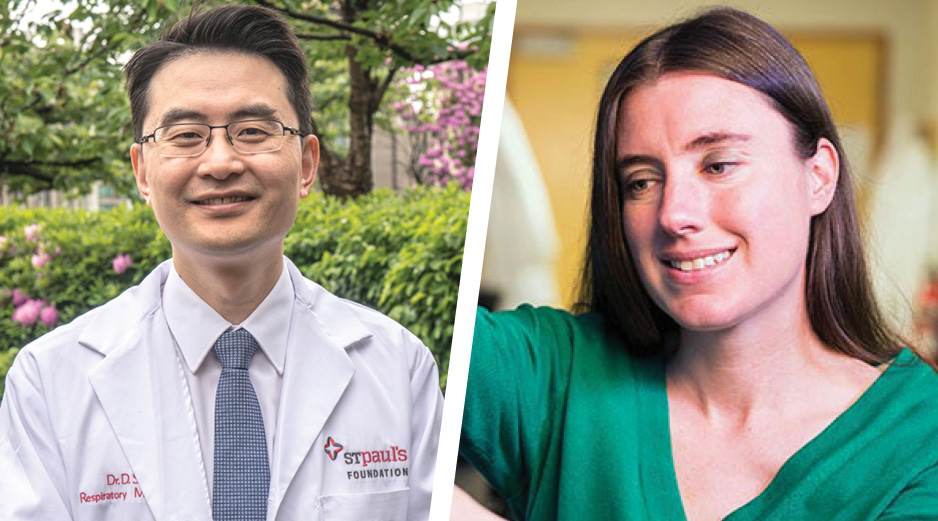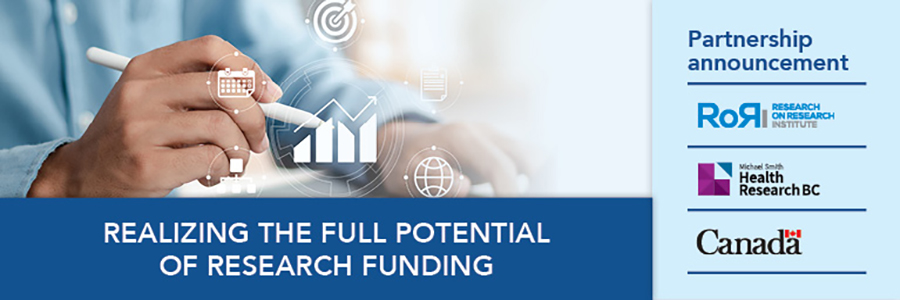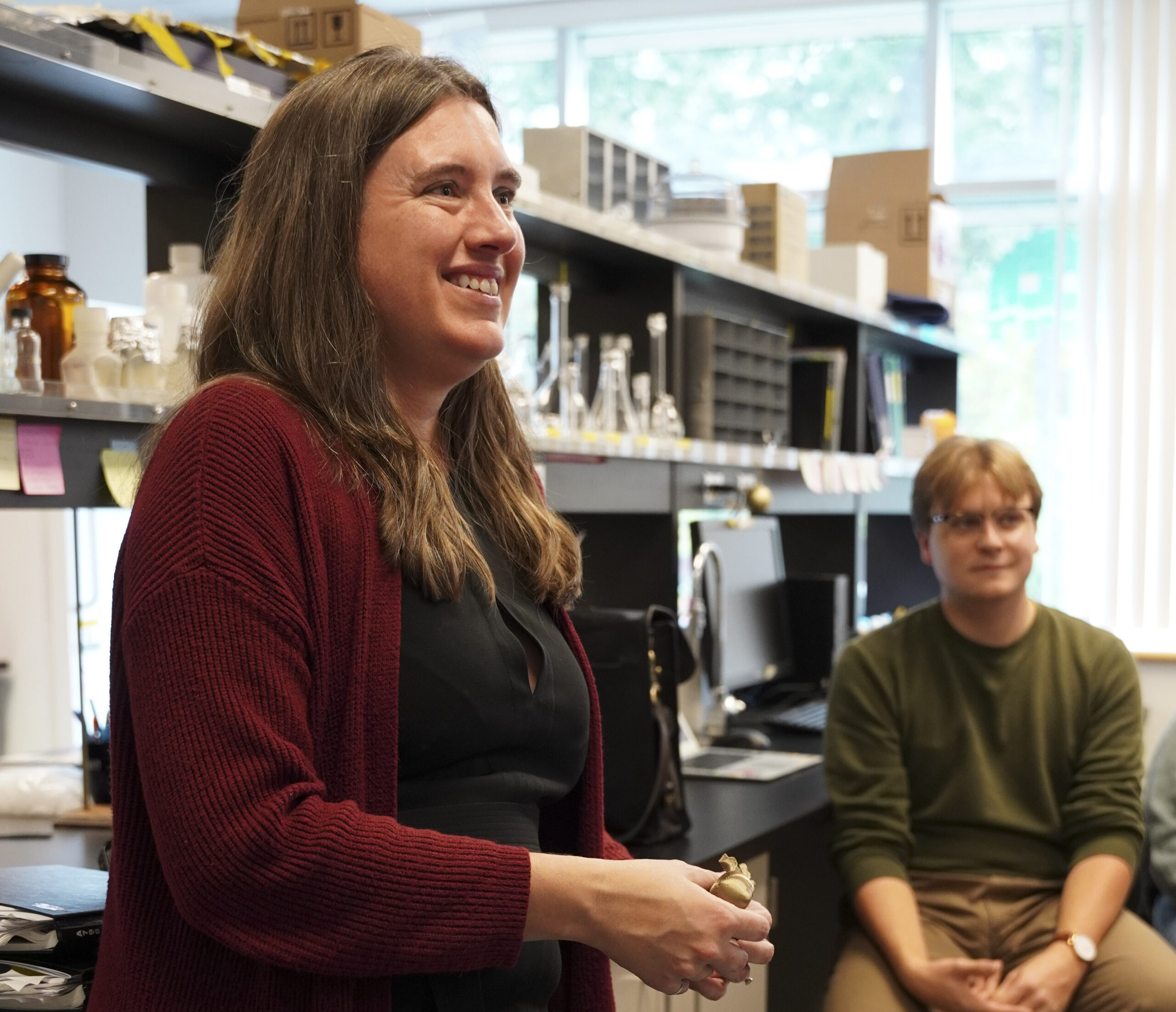MSFHR and Mitacs partnership unlocks additional funding for applicants
13 February 2020

In 2018, MSFHR began a partnership with Mitacs to offer a streamlined application process to enable researchers submitting applications for MSFHR’s Scholar, Health Professional-Investigator (HP-I) and Innovation to Commercialization (I2C) competitions to also access Mitacs Accelerate funding. Through this partnership, MSFHR and Mitacs are enabling the next generation of researchers to develop their skills with real-world experience, while advancing current health research.
Working with partners like Mitacs helps MSFHR maximize available funding and supports its efforts to grow health research capacity in BC and develop, recruit and retain talented health researchers. As BC’s health research funding agency, MSFHR is committed to strengthening health research capacity across BC. Partnerships enable us to optimize provincial investment through providing additional leverage and increasing coordination and reducing duplication in BC’s health research system.
In addition to funding from MSFHR, the Mitacs Accelerate program provides successful applicants with $15,000 to support a graduate student or post-doctoral fellow for a four-month internship. Researchers can incorporate multiple students for multiple four-month internships, depending on the project’s needs. This increases resources available for the research project and gives students and post-doctoral fellows valuable learning opportunities in the lab environment.
Both awards offer significant value, but combined, their impact is increased: because the Mitacs Acellerate interships provide more support for the teams, researchers can leverage more of the MSFHR funding to support the research endeavors.
Advancing research while training the next generation
2019 I2C award recipients, Don Sin and Stephanie Willerth were the first to receive MSFHR awards with Mitacs funding to support and train graduate students and post-doctoral fellows, involving them in the development of the new technologies. These students split their time between their academic studies and the I2C projects, fostering collaboration between researchers, students and industry.
“Mitacs provides an important way to fund our trainees while enabling them to apply their skills in an industrial setting,” explains Dr. Stephanie Willerth, professor and acting director of Biomedical Engineering at the University of Victoria. “We can provide a rich learning experience for them while streamlining technology transfer.”
“One major barrier to bench-to-bedside translation of new drugs or technologies is the paucity of funding for developing novel discoveries into commercial products and demonstrating their value for patients, care providers and to the government,” adds Dr. Sin. “The MSFHR partnership with Mitacs on the I2C Program fills in this gap by providing critical (seed) funding to enable this translation to take place.”
How does the application process work?
During their initial letter of intent (LOI) to MSFHR, applicants indicate their interest in pursuing Mitacs Accelerate funding. In their full proposal to MSFHR, applicants then describe the trainee support they’d like to be covered through Mitacs funding. Through the application process, a Mitacs Business Development Specialist will be in touch to offer support in completing the application and connecting with partners for the Mitacs award.
“The application process is straightforward to put together, and the staff at MSFHR are very helpful in addressing queries,” comments Dr. Sin. “It is important to have a commercial partner engaged and be part of the application developmental process.”
Learn more
Want to learn more about joint funding available from MSFHR and Mitacs? Contact, Muneerah Kassam, Manager, Partnerships at mkassam@healthresbcdev.wpengine.com.
Learn more about partnering with MSFHR.





